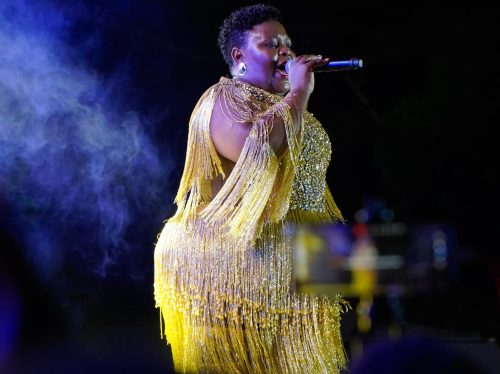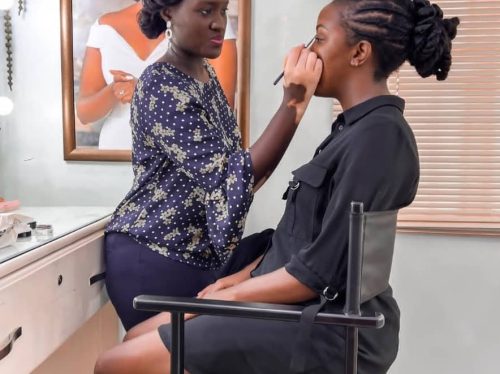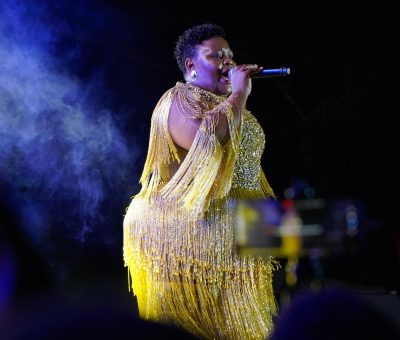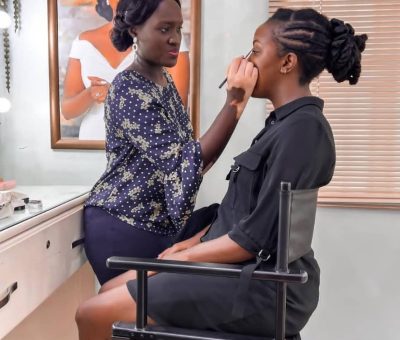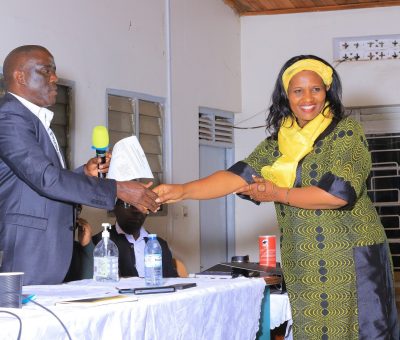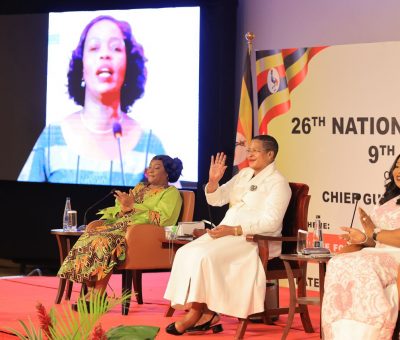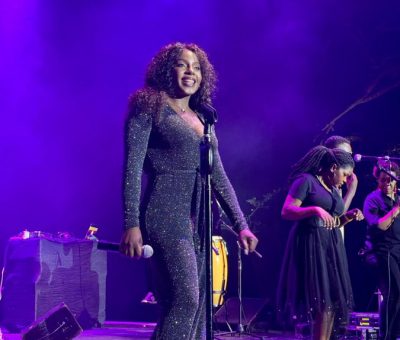Doreen Mbabazi: Overcoming the shame of hysterectomy
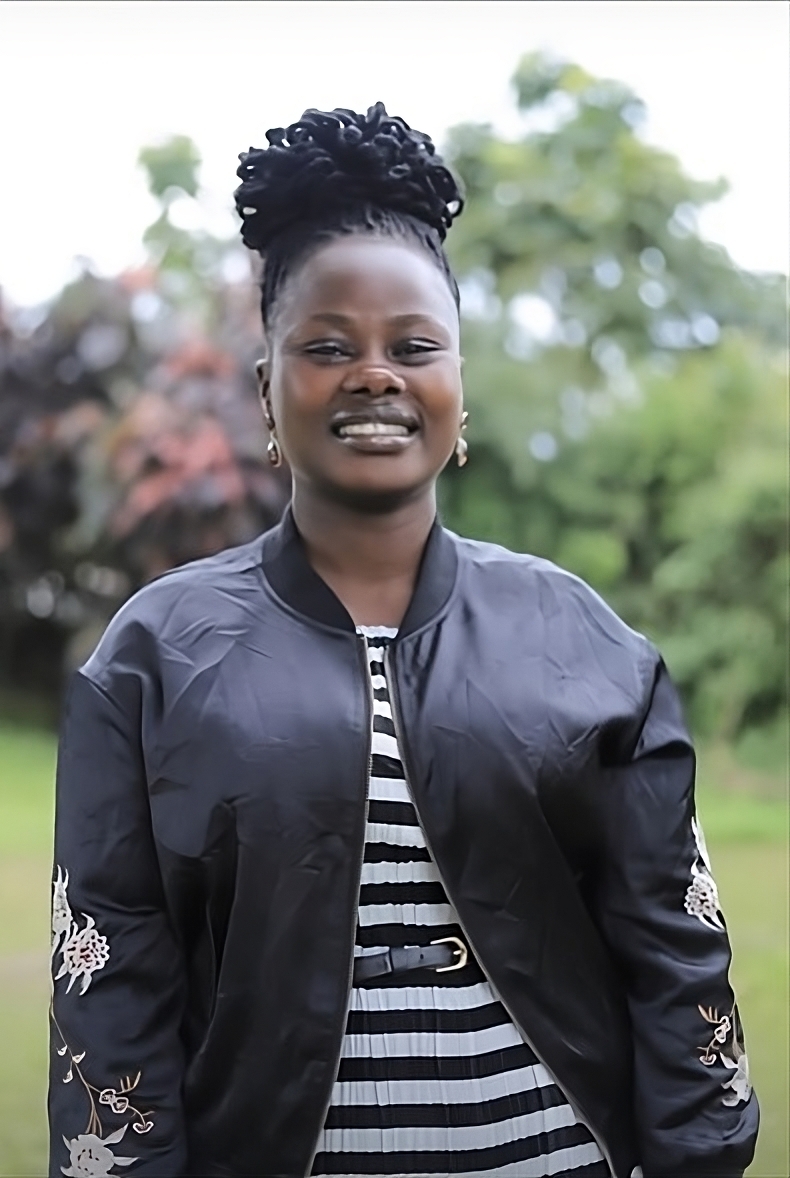
A study conducted by the World Health Organisation reveals that approximately 33.3% of women are likely to undergo a hysterectomy by the age of 60. Whereas many women experience hysterectomy (surgical removal of the uterus) at a later age in adulthood, Doreen Mbabazi went through this nightmare at an early age of 27 in 2020.
Unlike many women who wallow in shame, Mbabazi has challenged the circumstances. She has decided to be resilient and give courage to other women by telling her story.
What was the genesis of this experience?
On a normal day, I went to the hospital experiencing labour pains, like any other woman ready to welcome their precious baby after months of waiting. However, mine became longer than normal. I had just started pushing when the midwife stopped me and said I was due for a caesarean. I was then wheeled into theatre.
In the theatre, I was operated on but unfortunately my baby died in the process. I could hear the doctors talk among themselves that I had the baby, and then another said I was bleeding too much. All this I could hear but it felt like I was in a faraway place. Then I was taken back to theatre, this time very quickly where I became unconscious. I woke up to someone asking me to sign something but my hands were numb, so I was assisted. I was taken back to theatre; this time the pain was extreme that I kept screaming until I fell unconscious again. I woke up to the voice of my then husband telling me that they had removed my uterus.
I was shattered and extremely broken. I kept wondering what I had done to the doctors to let this happen to me. The thought of never giving birth again broke my heart. It was all I was worried about all through my recovery.
What kept you calm in this moment of turbulence?
One particular doctor told me not to worry about children because there is a possibility of having them through surrogacy. This was a new term to me and it gave me hope, I wanted to know all about this magic saviour.
How did your husband react to the situation?
When I recovered a bit, I returned to my husband because the doctors advised that his support would be a way to help me heal quicker both emotionally and physically. However, to my shock, the love of my life became my tormentor.
What particular incidence revealed your husband’s change of behaviour?
One day, a friend travelled to visit and he barred me from seeing her. While he was away, I went to see her. When he found out, he sent me packing along with many demeaning words reminding me how I don’t give birth and have no uterus. I packed immediately because I was scared of what more he could do to me. Several nights prior, while in bed, he would call other women saying he is lonely and needed to remarry. This was not new because he had been doing it while emphasizing that I needed to leave to give space to women who can bear children.
Did he ever abuse you physically?
Yes, when I was eight months pregnant, he slapped me in front of fellow women and up-to-date it still the most embarrassing moment of my life. Another time was when he was taking me back to my parents after he sent me packing. While in the car, he suddenly started slapping me saying that he was doing me a favour by staying with me all that while when I couldn’t bear children.
How did you survive the trauma?
Friends were a big part of my recovery journey; they supported me with a place to stay, food and even found me a job.
What helped you overcome?
A friend connected me to his wife who was a therapist and she took me through a healing procedure. Honestly, that helped a lot because all I needed was someone to listen to me.
What would you tell women out there who have similar experiences?
Find someone to talk to as the physical pain may be gone but the emotional pain is not easy to erase unless you open up. Talking about my experience helped me heal.
What do you intend to do to help other women?
What happened to me was like a calling to purpose. After going through it all, my passion now is to help women with similar experiences who are scared to start over. I also encourage hospitals to provide counselling for couples who have undergone hysterectomy to help eliminate domestic violence.


